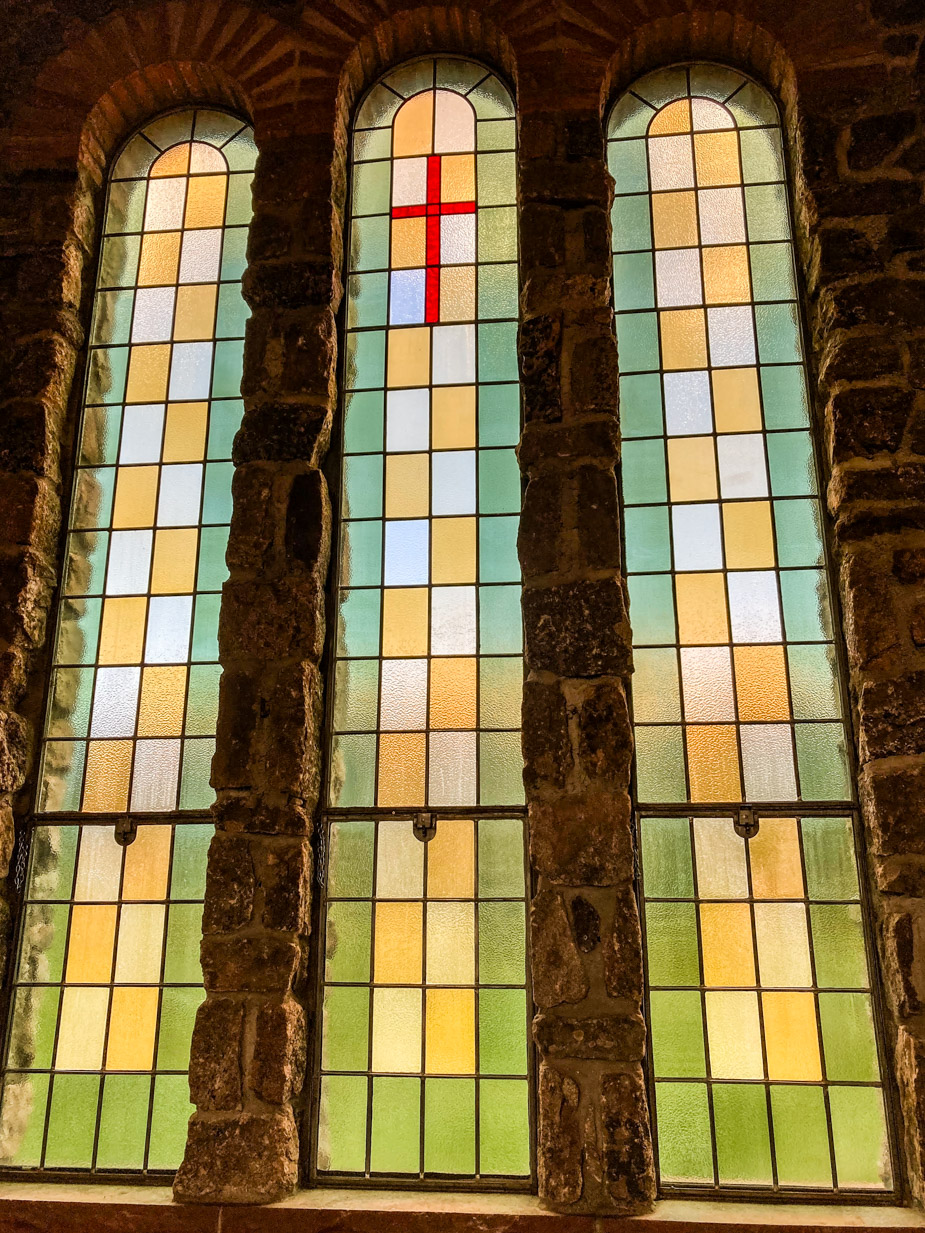

 ©Kris Gerbrandt
©Kris Gerbrandt
Chapter 7:53-8:11 (ESV) - They went each to his own house, but Jesus went to the Mount of Olives. Early in the morning he came again to the temple. All the people came to him, and he sat down and taught them. The scribes and the Pharisees brought a woman who had been caught in adultery, and placing her in the midst they said to him, “Teacher, this woman has been caught in the act of adultery. Now in the Law, Moses commanded us to stone such women. So what do you say?” This they said to test him, that they might have some charge to bring against him. Jesus bent down and wrote with his finger on the ground. And as they continued to ask him, he stood up and said to them, “Let him who is without sin among you be the first to throw a stone at her.” And once more he bent down and wrote on the ground. But when they heard it, they went away one by one, beginning with the older ones, and Jesus was left alone with the woman standing before him. Jesus stood up and said to her, “Woman, where are they? Has no one condemned you?” She said, “No one, Lord.” And Jesus said, “Neither do I condemn you; go, and from now on sin no more.”
Question to consider: How can the God who wrote the Law keep from condemning the woman?
This section of scripture is considered to be part of an early oral tradition that was not actually included in the text. Regardless of whether or not today’s passage has questions regarding its appearance in the original manuscripts, it fits perfectly with the accusation being made by the Pharisees in yesterday’s passage that the crowds were only following Jesus because they were ignorant of the law (I don’t capitalize “law” here because they were referring to their own traditions in this accusation).
It would appear that in order to “prove” this accusation, the Pharisees decided to create a legal trap for Jesus in order to expose Him before the people who gathered in the temple to hear Him teach. It’s hard to speculate what Jesus was writing on the ground, but considering the convenience of this discovery, when Jesus said, “Let him who is without sin among you be the first to throw a stone at her,” He knew that all of them were complicit in this plot in some form or another and an unworthy judge.
Jesus was not saying that in order to punish someone guilty of a crime, the judges had to be without sin in general. Otherwise, nobody would have been able to be held accountable to the Law. Ironically, Jesus was perfectly holy and rightfully could have taken up stones against this woman and all of the Pharisees involved in this plot. However, as Jesus had told Nicodemus, “God did not send his Son into the world to condemn the world, but in order that the world might be saved through him.” (John 3:17) Rather than being her judge, Jesus showed mercy.
I’ve read critics who have written that Jesus couldn’t be God because the God who wrote a law which required that an adulteress be stoned was the antithesis of the God who showed mercy in this way. What these critics fail to understand is that Jesus did not ignore this woman’s sin. He took responsibility for it. He drank the full cup of wrath for the sins of the world on the cross so that this woman (and anyone else who calls upon His name) would receive mercy.
So whether or not this story should be in the pages of scripture, its message can be found throughout the Bible. In ourselves, we have fallen short of God’s Law and deserve the same fate as this woman or the Pharisees who brought her, but Christ has borne our sins so that we too may receive His mercy and be brought from death to life.
Dear Lord, thank You for showing mercy to us when we have not deserved it. May we receive Your gift of righteousness with gratitude so that we may walk in newness of life into Your glorious kingdom. Amen.